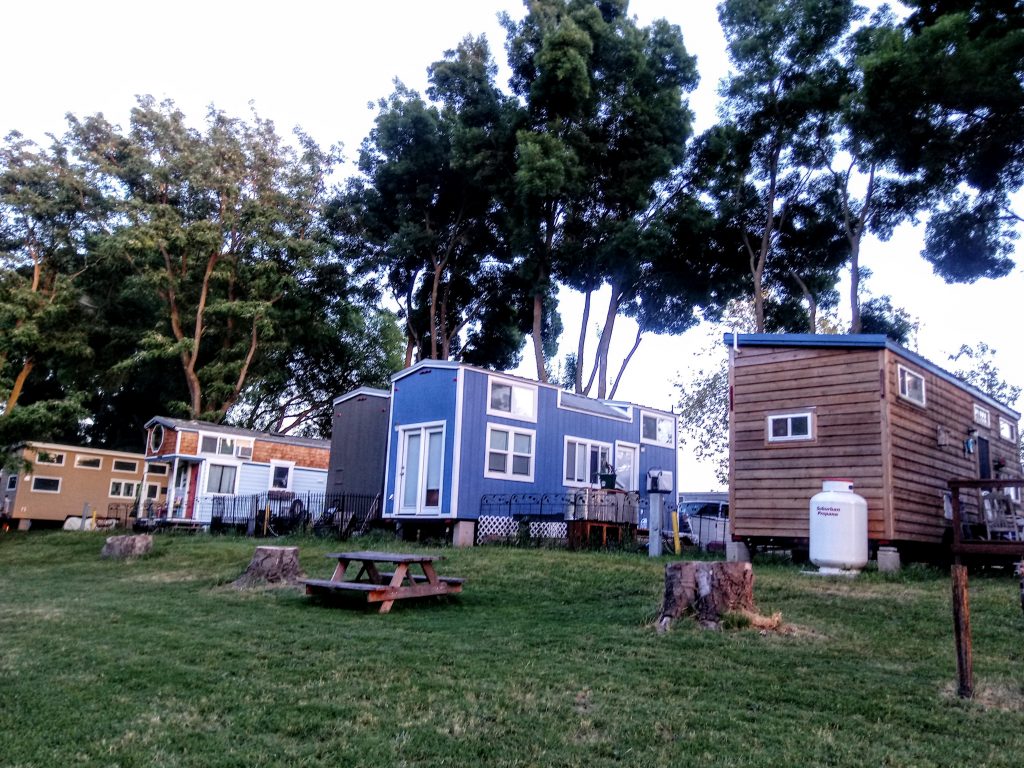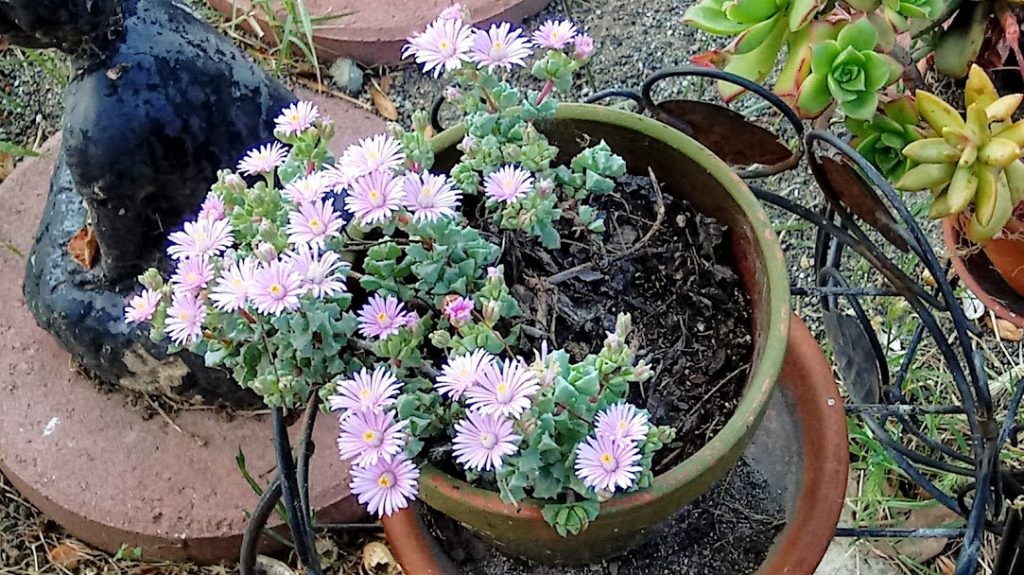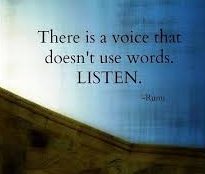The second essay for which I ever got paid carried the dubious title of “The Politics of Pain”. At least, that’s what I remember, though it might have been, “Pain as a Virtue”. In it, my fifteen-year-old self grappled with the idea that without pain, we could not experience pleasure. The editor of the Christian Board of Publication magazine for which I wrote the article changed the word “pleasure” to “happiness”, reasoning that the P word might be a little too racy for their religious market.
In the intervening years, I’ve had more than my share of pain-wrangling, pain-explaining, pain-coping, and pain-avoidance. I had been given two regular prescriptions for pain by the time I wrote that article. My neurologist gave me Valium, ostensibly to relax the muscles which he thought might be the major source of my discomfort. On the female side of body functions, I experienced extreme menstrual cramps back then. For that malady, the same OB-GYN who would eventually cause my mother’s premature death prescribed Darvocet.
A college friend sat with me one night while I strove to break the Valium habit. Darvon eventually yielded to stronger stuff. In the decades between college and my late fifties, I attempted to quell the neurological and muscular pain with Percoset and Vicodin. I’m a survivor of the prescription drug epidemic.
As a result of a life-time of dealing with pain, I’ve come to loathe the medical pain scales, starting with “on a scale of zero to ten” and including the simpering series of happy-to-sad faces which apparently signal a nod to the numerical stupidity of asking a chronic pain sufferer to imagine how zero pain feels. I reject all of those. My pain scale ranges from, “I haven’t killed anyone today” to a vivid memory of my mother’s long, slow, agonizing march to death from metastasized uterine cancer (cue the ‘Why on God’s Green Earth did an OB GYN give Premarin to a decade-past-menopausal woman, when Premarin even in 1984 was known to aggravate uterine cancer?) Is the pain on any given day worse than an unsplinted leg with 32 breaks being dropped from an examination table by a careless technician? No? All good then, hoist those big-girl panties and get to work.
This morning, I completed a form for a new physical therapy outfit. I requested that my (also new) neurologist order a course of physical therapy to get me back on track after a tough winter. My legs protest an added twenty pounds. Though I’m slowly working it back off, I need to gain some momentum with a rebuild of stamina. Hence, the PT.
But: there’s that pesky pain scale. “On a scale of zero to ten, with zero being no pain and ten being the worst pain you’ve ever felt, where are you today?” Uh, what? “No pain”? That does not compute. I have never, not once, ever, in my entire memory, had a day without pain. And what is “the worst pain I’ve ever felt”? I got hit by a car and thrown three stories into the air, crashing down on the hood and smashing into the windshield. I have a vague notion that the pain of that moment might have been intense, along with the pain when I hurled eighty-two feet forward and crashed onto the roadway. But — then — the sight of my mother’s stretched skin and the incoherence of her wail — is that a ten? I’m thinking so.
On a scale of Nirvania to Bosnia, I’m somewhere in between. I haven’t thrown a chair through the window but I have this sneaky suspicion that it might be satisfying.
The physical therapy billing lady called me yesterday to explain that I haven’t met my deductible yet, so that the first few visits at least would be out-of-pocket. I knew this already but thanked her. She told me what the cost will be. I replied that I had been disabled since age two and had had a lot of therapy, and I felt their prices were very reasonable compared with other companies. She exclaimed, “Oh, if you’re disabled, just get Disability to pay for it.”
I let a few minutes of silence fall into the phone line. I didn’t understand at first, and when I did, I grappled with my reply. I did not want to disparage people who apply for state or federal benefits based upon their disabilities. I’m just not one of them; I can work, so I do. I finally said, in a gentle voice, “Ma’am, I’m not on Disability, I work full time.”
She gasped, “Oh, you do? Why?”
The politics of pain rear their ugly head at times like this. I had to squelch my natural proclivity to ask her why she works full-time, and to opine that our reasons might be similar. “To pay my bills? For personal satisfaction? To do good in the world? To serve a purpose greater than myself? Because I want to have nicer things than I might otherwise be able to afford? Not your damn business?”
I said none of these. I let my stillness wrap itself around the moment, then inquired if she needed any information that she didn’t have. She said no, and the call ended.
Then I came home and read the questionnaire, with its pain scale, and its question about who attends to my normal daily needs, such as dressing, for me. I put my pen down and paced around the tiny house, a rather unsatisfying circuit which I had to repeat four or five times to control my exasperation.
Back when I was married to a man whose main mode of room-to-room transport had two large wheels, I once accompanied him to the airport where he had a flight for a business trip. As we stood saying our goodbyes at the gate, the attendant said to me, “Will your husband be taking his wheelchair on the plane?” Dennis and I looked at each other; he must have sighed. I know that I did.
I told her, “I don’t know, let me ask him.” Turning to Dennis, I said, “Dear, the nice lady wants to know if you’re taking your wheelchair on the plane.”
She got the message. She had assumed that because he was disabled, he couldn’t make these choices for himself, or wasn’t able to articulate them.
I’m not sure how to make the connection between the inanities of the pain scale and the insult of the gate attendant’s assumption about my husband. They seem to fall within the same category of aggravations, about which I know that I spend too much time trying not to moan. But dagnabbit. Just once, I’d like to feel that zero-no-pain category; and just once, I’d like the paperwork to let me write a paragraph about how it feels to never sink below the fierce level of what a person without chronic pain might consider unbearable.
I didn’t use the pain scale on these forms. Beneath the grid, I wrote, “This scale has no relevance to me. Some days the pain is bad. Some days the pain is worse. Every day, I get myself out of bed and live my life, because I will not let pain win.”
I’m not sure I can give that a numerical value. Not on the decimal system, anyway. Maybe I can translate it to sound, or color, or chaotic green blips on a computer screen. In the meantime, I’ve got chores to do, and a twenty-minute drive to Lodi for that therapy appointment. Wishing you all a lovely Friday, and much joy, I remain, Very sincerely, your #MissouriMugwump.
It’s the seventh day of the sixty-sixth month of My Year Without Complaining. Life continues.





